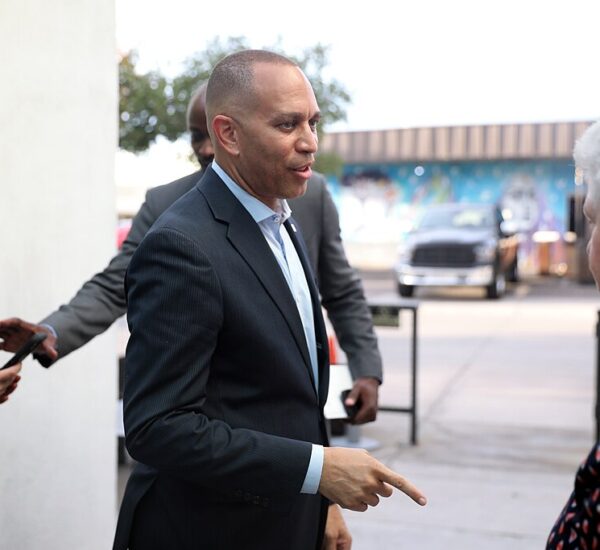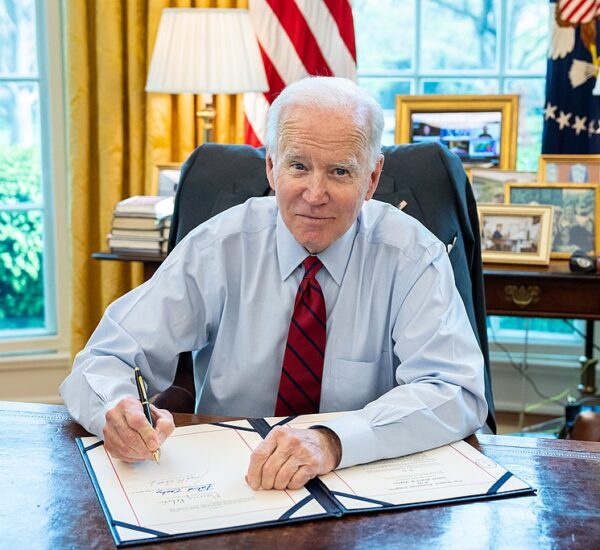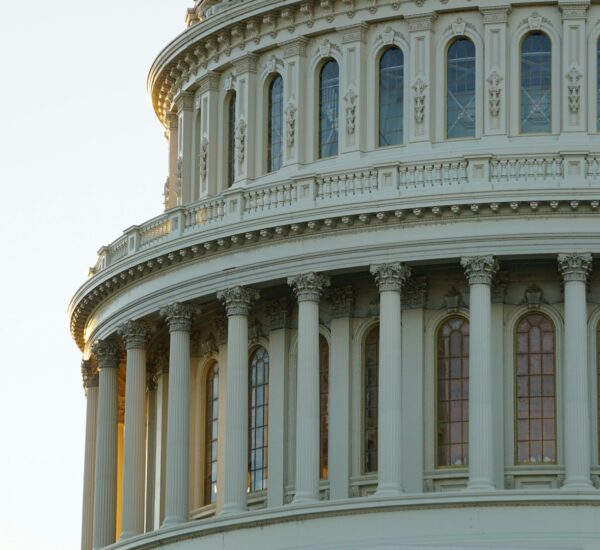Trump is not playing games.
In a major victory for immigration enforcement and the rule of law, the Department of Homeland Security under President Donald Trump is ending Temporary Protected Status (TPS) for tens of thousands of Honduran and Nicaraguan nationals who have lived in the U.S. since the late 1990s.
This decision impacts roughly 76,000 individuals—about 72,000 from Honduras and another 4,000 from Nicaragua—many of whom have been shielded from deportation for over 25 years under what was meant to be a short-term humanitarian program.
“Temporary Protected Status was always meant to be just that—temporary,” said Homeland Security Secretary Kristi Noem in an interview with Fox News Digital. “The crisis caused by Hurricane Mitch nearly three decades ago no longer justifies continued protection.”
The Trump administration has already moved to end TPS for Haiti and Venezuela. After a legal battle, the U.S. Supreme Court recently ruled in favor of the administration, removing barriers to fully terminating TPS where conditions in home countries have improved.
Biden Admin Let It Slide — Trump Is Now Cleaning It Up
For years, the left used TPS as a backdoor amnesty program—allowing foreign nationals to stay indefinitely, long after the disasters that triggered the protections had passed. President Trump’s move sends a clear message: America’s immigration laws are not optional.
“The environmental and political conditions in both Honduras and Nicaragua have stabilized,” a DHS official stated. “There is no valid reason these individuals cannot safely return.”
To assist with voluntary returns, DHS is offering free flights and even a $1,000 relocation stipend. Migrants are being directed to use the CBP One app to coordinate secure departures.
What Is TPS and Why It’s Being Phased Out
Temporary Protected Status was created by Congress in 1990 to provide safe haven for foreign nationals fleeing war, natural disaster, or temporary crisis. But what was designed as a short-term solution has become a loophole exploited for decades under weak immigration policy.
Under President Trump, the system is being rebalanced—restoring fairness for legal immigrants and putting American taxpayers first.
A New Era of Immigration Integrity
This move is just one of many under the Trump administration’s America First border policy, which includes enhanced deportations, strict asylum reform, and a renewed commitment to enforcing immigration law without apology.
“We look forward to continued cooperation with Honduras and Nicaragua,” Noem added. “They’ve been strong partners in helping us restore security and sovereignty to the American people.”
As the 2024 election cycle heats up, the president’s decisive immigration policies are once again taking center stage—and winning strong support from voters who believe enough is enough.






